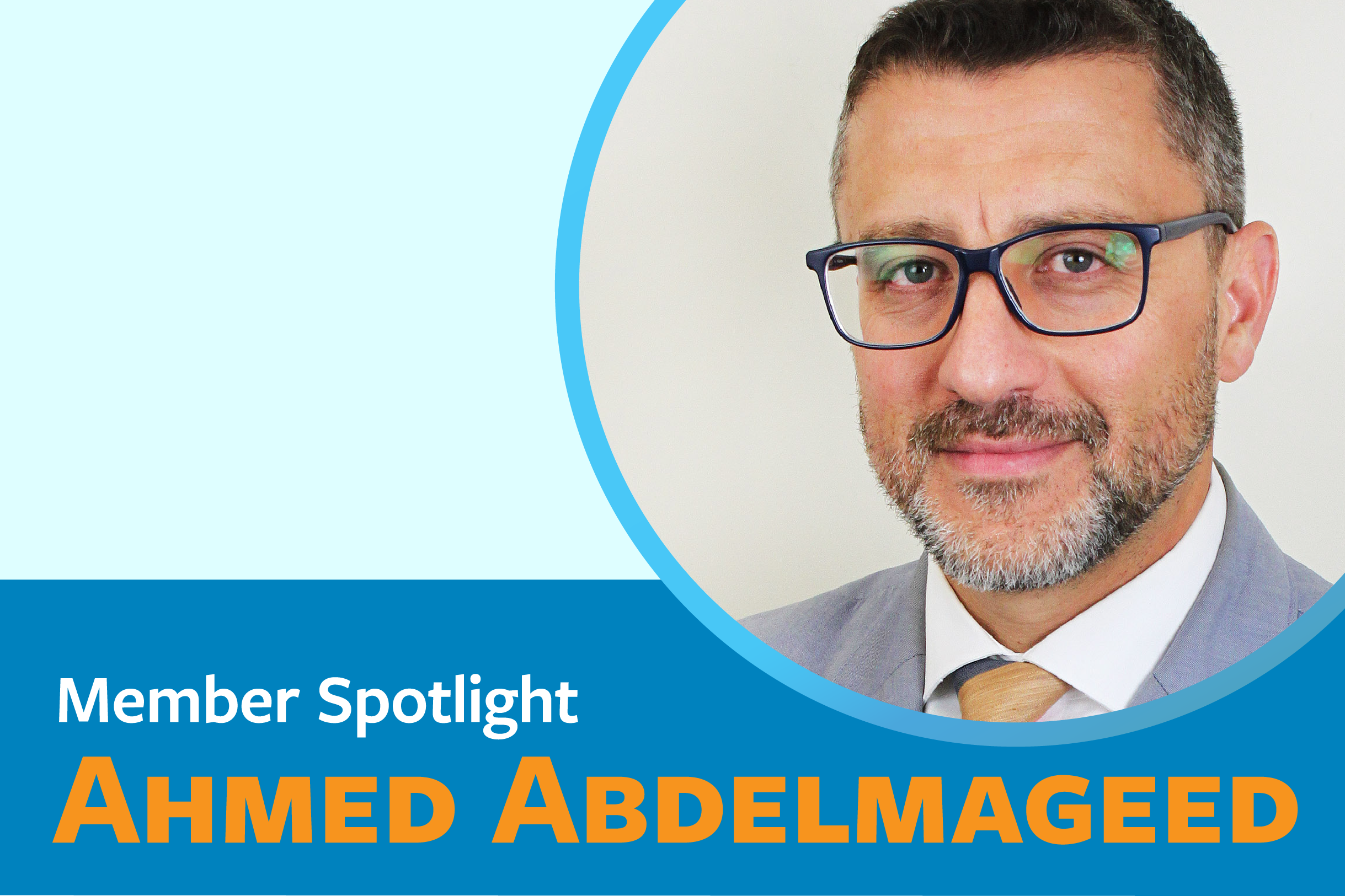Why did you decide to pursue a career in pharmacy academia?
Clinical rotations had the most positive impact on me as a student pharmacist and after graduation I decided to precept students as soon as I was able to. While working in both the retail and hospital settings, I enjoyed taking students on rotations and helping them connect the dots between what they learned in the classroom and practice. The love of hands-on teaching, the “aha” moments, and the impact I was privileged to have had on these student pharmacists left me wanting more. So, when the opportunity arose with Husson University to build their experiential education department and curriculum, I jumped on it and the rest as they say is history.
What has been the greatest challenge in your career?
Aldous Huxley’s “Experience is not what happens to a man but what a man does with what happens to him” has been an anchor for me in many challenging situations. In reflecting upon my career in pharmacy academia to date, I would say my greatest challenge was when I was told that my contract was not going to be renewed at my previous institution. As an administrator with a faculty rank, I was not eligible for tenure and after nine years my services were no longer needed. The amount of effort it takes to step back to understand the wisdom behind such an experience, to learn what it tries to teach you, and to take these lessons and move forward is overwhelming but invaluable. We all face various challenges and at various emotional and intellectual costs but to be able to understand your value, appreciate the experience as a whole, and re-center is immensely important for our health and well-being.
What are some ways your Arab American heritage has impacted your scholarship, teaching, clinical practice and other aspects of your professional life?
Arab culture is a very generous and hospitable one. Whether it’s food, drink (thank you Yemen for coffee!), advice, we love to share what we have….and it’s best if all is shared at the same time Particularly as a displaced Palestinian who was born and raised as a refugee in Qatar, I was touched by the generosity of my family’s host country and the opportunities it provided us, from free public schooling to free public health. Those experiences were formative as I learned the value of sharing and making connections with others in a more meaningful way and on a more meaningful level. Thus, my passion has been the vulnerable and underserved patient populations and whether in the classroom, at the clinic, or as a member of whatever community I live in, I try to raise awareness about and bring attention to the disparate treatments those who fall into that category receive. As an American empowered by free speech and the opportunity to challenge the status quo, I take every opportunity to expose the systemic ways by which such disparities exist and persist while trying to address them at the root cause.
What unique perspectives or experiences do current Arab American student pharmacists and pharmaceutical science graduate students bring to pharmacy education and future practice?
I think the sense of community I alluded to above is a unique perspective. The communal approach to problem solving gives the “we’re all in this together” drive to many of them. There’s also a rich history of Arab scientists and healthcare pioneers with which comes an air of pride in continuing a legacy of discovery.
Which of AACP’s strategic priorities do you support and/or identify greatly with and why?
The ones I feel most passionate about are Strategic Priority 1 and Strategic Priority 3.
- SP1: Transformation of pharmacy practice — I view this one from the particular lens of community pharmacists as I wholeheartedly believe that pharmacists are best equipped to address their community’s healthcare needs. As most accessible, and often only accessible within a large radius, healthcare professionals, pharmacists can fill in the ever-widening midlevel practitioner gap in the U.S. With proper recognition of scope of practice by legislation, insurance, and employers, pharmacists based in the community setting can have a profound impact.
- SP3: DEIA work — I believe that representation matters. To see yourself in your educator, your healthcare professional, your elected representative means that your experiences and ideas are not only welcomed but also valued. This creates a healthy environment in which ideas are shared freely and the mosaic of culture that makes up the profession translates into a mosaic of solutions to the plethora of issues the communities we care for face.
How many years have you been a member of AACP?
I believe 14 years.
What has been the most impactful way that AACP has helped you in your career?
Early on in my academic career I enrolled in an experiential education workshop that was led by Ruthie Nemire and Cynthia Boyle. It was an amazing cohort of brilliant minds from which I learned a lot. More importantly, the friendships and collegialities that I developed in the short couple of days have lasted to this day and I am always thankful to see many of them at various AACP meetings.
What advice do you have for new AACP members?
When at AACP meetings do not socialize with people from your school all the time. Sure, enjoy the school dinner but get to know other people from across the Academy. Sit at a table with people you don’t know. This is not about rubbing elbows with higher-ups or just expanding your network, it’s about making meaningful connections. You’ll be surprised how many small conversations turn into a scholarly project, a mentoring relationship, or a true friendship. There are lots of great programs at the Annual Meeting each year but what I really look forward to the most is seeing the people whom I’ve met through the years and grabbing a cup of coffee, lunch/dinner or just a chat.

